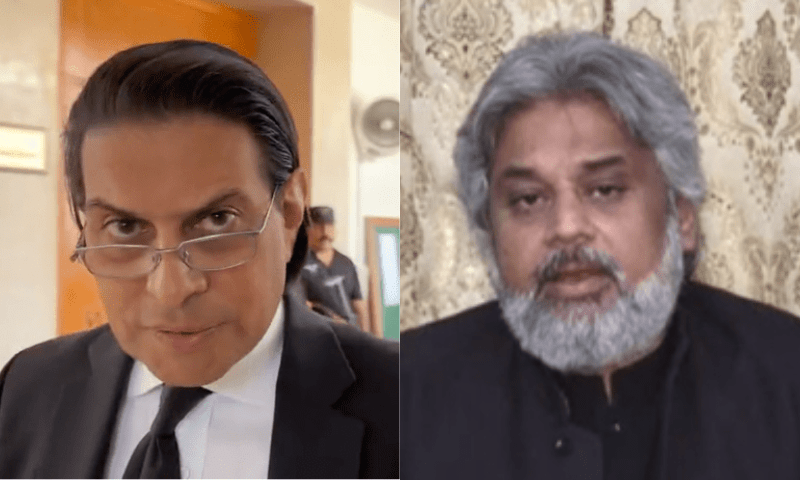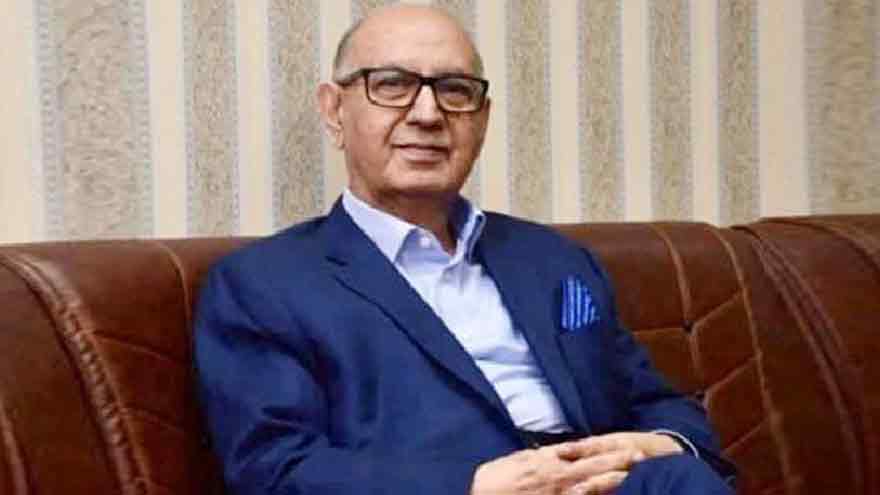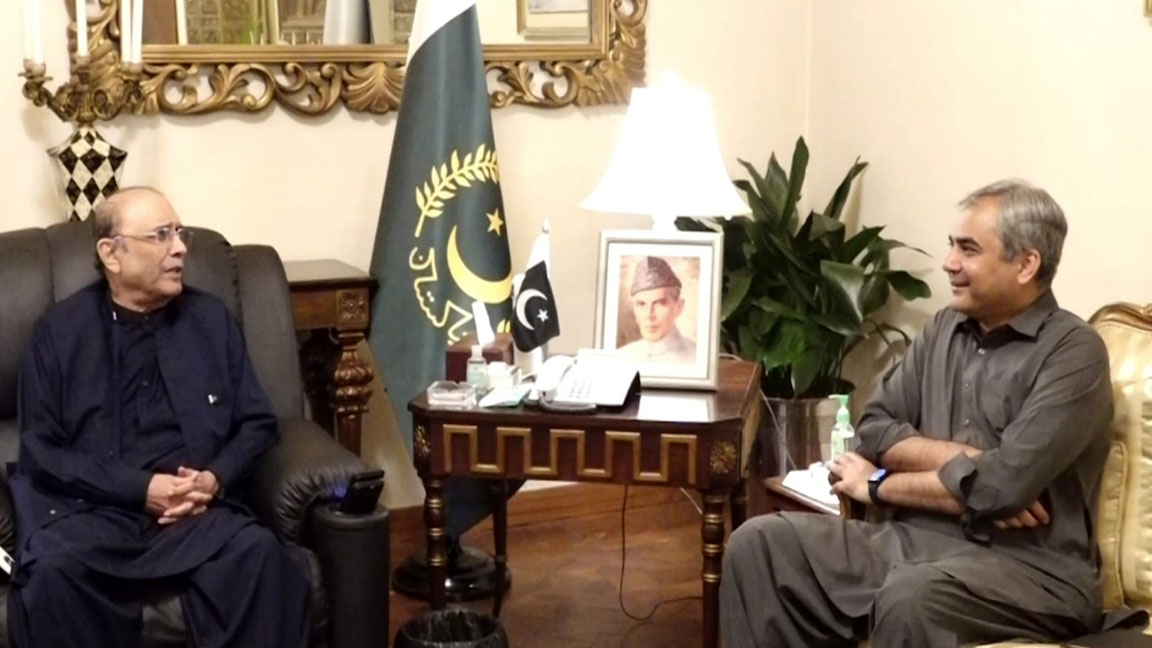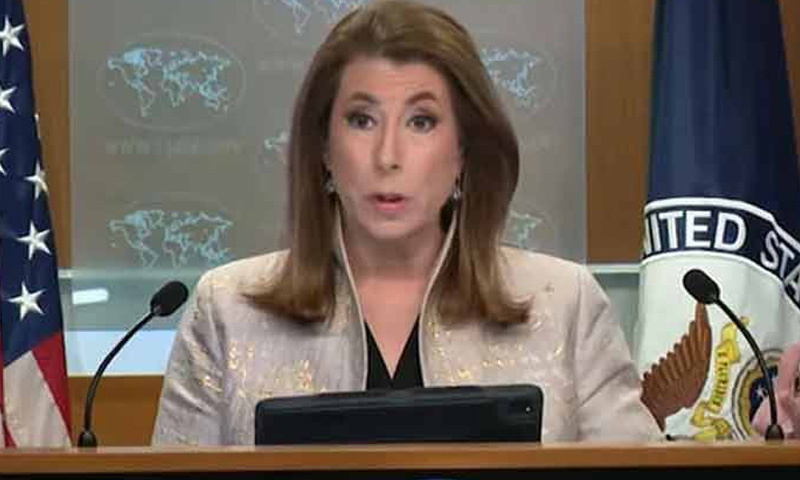POLITICS & POLICY MAKING

Amidst rising allegations and recriminations within the party over the failure of PTI's final protest call in Islamabad, key party figures have resigned from their positions. Salman Akram Raja, the party's Secretary-General, and Sahibzada Hamid Raza, leader of the Sunni Ittehad Council (SIC)—a major PTI ally in the National Assembly—announced their decision to step down from their respective party roles.
Salman Akram Raja submitted his resignation to PTI Chairman Barrister Gohar Ali Khan, who acknowledged its receipt but stated that the final decision regarding Raja’s resignation would be made by party founder Imran Khan in the coming days. Until then, Raja has been asked to continue with his duties.
In a separate development, SIC Chief Sahibzada Hamid Raza also announced his resignation from PTI’s core and political committees, though he clarified that he would continue supporting Imran Khan and the party. Raza explained that he was stepping down due to the internal conflicts within the party, which he believed were harming Imran Khan's cause. He added that he would soon submit his resignation from the National Assembly to the incarcerated PTI leader.
These resignations follow heated discussions within PTI's political and core committees over the party's recent setback in Islamabad. Sources said that much of the blame was directed at Secretary-General Salman Akram Raja, who was criticized for his failure to mobilize masses, particularly from Lahore, to support the workers advancing towards Islamabad.
Reports suggest that Raja had been demoralized by the increasing influence of Bushra Bibi, Imran Khan’s wife, who was reportedly making key decisions behind the scenes. Party leaders from Punjab also voiced concerns about Bushra Bibi's strict orders, which they claimed hindered efforts to mobilize party workers effectively.
Leaders from Punjab stated that while they had been working to rally support, their efforts were thwarted by the provincial government's imposition of Section 144, which sealed the cities and prevented people from leaving. The leadership, they said, failed to provide guidance on how to adapt to these challenges, leading to confusion and disarray.
A source close to the situation claimed that party leaders suggested a "staggered approach" to mobilize workers from different regions of Punjab, but these suggestions were ignored. Sahibzada Hamid Raza echoed these concerns in a TV interview, emphasizing the need for a more strategic, phased approach to the protest.
As the fallout continues, other party leaders, particularly from Sindh and Punjab, have also expressed their intentions to resign, signaling a growing rift within the party. Meanwhile, former National Assembly Speaker Asad Qaiser dismissed rumors that he would replace Barrister Gohar as PTI’s new chairman, stating that the decision regarding Raja’s resignation would be made after consulting Imran Khan.
This internal turmoil within PTI follows a broader pattern of dissent and organizational challenges that have plagued the party in recent months. With multiple leaders resigning and others reportedly considering similar moves, the future of PTI’s leadership remains uncertain.




